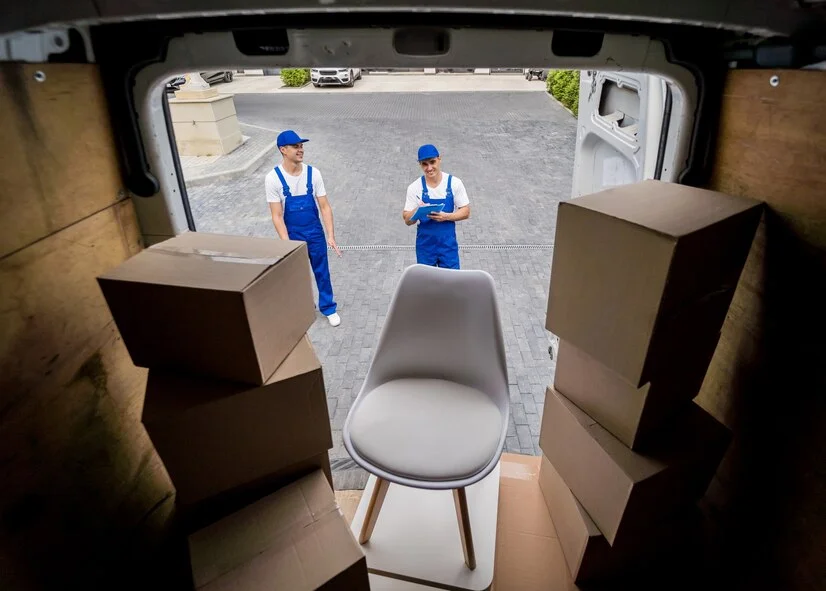
Moving large, bulky, or fragile items is one of the most challenging aspects of any relocation. Whether it’s a piano, pool table, antique furniture, commercial equipment, or oversized electronics, these items require special handling, tools, and expertise. Hiring the right professionals is critical—not just to ensure that your belongings are moved safely, but also to avoid injuries, damage, and unexpected costs. Here’s a detailed guide on how to choose the right movers for large items.
Understand What Needs Special Handling
Before reaching out to moving companies, assess what specific items you need help with. Some of the most common large or fragile items include:
- Grand or upright pianos
- Safes or vaults
- Pool tables
- Oversized sofas or sectionals
- Antique wardrobes or cabinets
- Commercial fridges or machinery
- Large TVs or home theater systems
Each of these items may require unique packing materials, lifting techniques, or equipment such as dollies, straps, padding, ramps, or custom crates. Knowing exactly what needs moving helps you filter companies that can meet those specific demands.
Look for Specialized Experience
Not all moving companies are created equal. Some focus solely on residential moves, while others specialize in commercial relocations or fragile object transport. When it comes to large items, it’s essential to work with movers who have verifiable experience in handling similar items.
Ask questions such as:
- Have you moved this type of item before?
- Do you have specialized tools or equipment for heavy or fragile items?
- Can you provide references or photos of past similar moves?
A trustworthy moving company won’t hesitate to share details about their expertise.
Verify Licenses and Insurance
Never hire a mover without checking their licensing and insurance status. Professional movers in the U.S. should have a valid USDOT number issued by the Department of Transportation. You can check this number through the FMCSA website to confirm compliance.
Insurance is equally important. The company should carry general liability insurance, workers’ compensation (in case someone is injured while handling your items), and cargo coverage to protect your belongings in case of damage. Ask for documentation and review the coverage limits.
Check Reviews and Reputation
Reputation matters, especially when it comes to moving high-value or delicate items. Read online reviews on platforms like Google, Yelp, or Better Business Bureau (BBB). Focus on reviews that specifically mention large or specialty item moves.
A company with consistent positive feedback, timely service, and professionalism is far more likely to deliver a stress-free experience.
Ask About Their Equipment and Techniques
Proper tools make a huge difference when moving large items. Ask if the company uses:
- Furniture sliders and dollies
- Stair rollers or lifts
- Custom crates or padding materials
- Protective floor coverings
- Shrink wrap and moving blankets
Also, inquire about their lifting techniques. Do they train their crew in safe lifting practices? Are team members experienced in maneuvering tight corners, stairs, or narrow hallways?
Professionalism is not just about strength—it’s about precision, planning, and skill.
Get a Written Quote
Once you’ve narrowed down your options, request detailed, written estimates from at least two or three companies. Avoid movers who give vague quotes over the phone without inspecting the items. A reputable mover will either do an in-home or virtual walkthrough to assess your needs.
Ensure the quote includes:
- Labor costs
- Equipment charges
- Insurance coverage
- Additional services like disassembly/reassembly
- Stair fees or long carry fees, if applicable
Transparent pricing protects you from hidden costs on moving day.
Ask About Damage Policies and Guarantees
Despite all precautions, accidents can happen. Make sure you understand the mover’s policies on damage claims. Ask:
- What happens if something breaks?
- How do I file a claim?
- Is there a guaranteed compensation period?
Some movers offer full-value protection, while others may only provide basic liability coverage. If the item is particularly valuable—such as an antique or piano—you may also want to look into third-party insurance for extra protection.
Consider White-Glove Service for Extra Care
If you’re dealing with high-end or extremely delicate items, look for companies offering white-glove service. This premium moving option includes full-service packing, custom crating, climate-controlled trucks, and expert handling every step of the way.
White-glove movers are typically more expensive but are ideal for art collections, designer furniture, or specialty electronics.
Watch for Red Flags
Unfortunately, not every moving company is honest. Watch out for:
- Unrealistically low estimates
- Lack of a physical address or USDOT number
- Poor or no online reviews
- Vague answers about insurance or equipment
- Demands for large cash deposits upfront
Choosing the wrong mover for large items can lead to damaged belongings, additional fees, or even scams. Always go with a company you trust.
Final Tip: Plan Ahead
Schedule your move early, especially if it involves large or complicated items. Movers may need time to arrange special equipment, permits, or extra manpower. The more lead time you provide, the better your chances of securing top-tier service.
When it comes to moving large items, hiring true professionals is not an option—it’s a necessity. The right moving company will offer the experience, equipment, and care needed to transport your belongings safely and efficiently. Take the time to research, ask the right questions, and trust your instincts. Your valuable possessions deserve nothing less.


